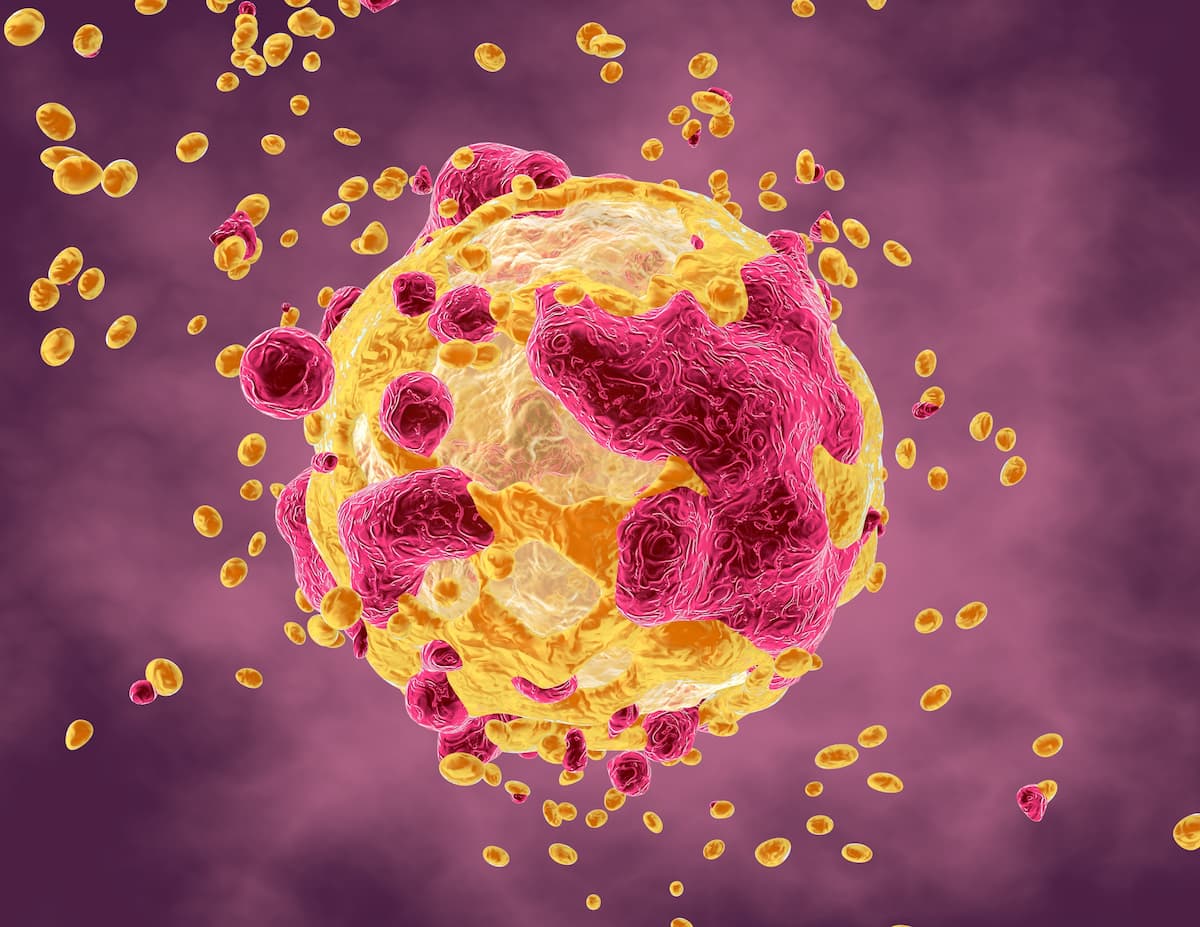
“Exciting” Response Durability Data Support Afami-cel Approval in Sarcoma

Treatment with afami-cel may offer improved quality of life to patients with metastatic synovial sarcoma compared with continuous chemotherapy.
In a conversation with CancerNetwork®, Brian A. Van Tine, MD, PhD, discussed how the
Specifically, Van Tine, a professor of medicine and pediatrics and a medical oncologist at Siteman Cancer Center of Washington University in St. Louis, highlighted response data from the
In terms of other potential benefits, Van Tine said that treatment with afami-cel, which was administered as a single intravenous infusion in SPEARHEAD-1, may offer a higher level of quality of life compared with continuous chemotherapy or other treatment courses when managing a patient’s tumor burden.
Transcript:
Synovial sarcoma is associated with the expression of an embryonic tumor antigen called MAGE-A4, and [approximately] 60% to 80% of every patient with synovial sarcoma expresses this antigen. In the context of an HLA-A*02 subtype of an immune system, a peptide from the MAGE-A4 gets expressed on HLA-A*02. We have used that in a clinical trial to use an engineered T cell to attack synovial sarcoma. In this subset of patients with the right immune system, and through expressive protein, we now have the first modified T-cell therapy for a solid tumor.
If you really get into the results of the clinical trial, [approximately] one-third of the patients had these extreme, deep responses. [The trial meets] an unmet need for this patient population because [with afami-cel], it’s one and done. You treat them, you put the cells in, and then the patient treats themselves, sometimes for years. That’s kind of a fantasy in the solid tumor world, where we can go after a solid tumor with a fancy immunotherapy, have it work, and have it be durable. It’s that durability [of response] in [approximately] one-third of the patients that’s really exciting because I’ve had some patients years into the [SPEARHEAD-1] trial who are still there, and I have had to treat them again. That gives the patient the highest quality of life that’s possible without putting them on constant chemotherapy or some sort of oral therapy just to maintain their tumor burden.
Reference
Adaptimmune receives U.S. FDA accelerated approval of TECELRA® (afamitresgene autoleucel), the first approved engineered cell therapy for a solid tumor. News release. Adaptimmune Therapeutics. August 2, 2024. Accessed August 13, 2024. https://tinyurl.com/mw6k4hjh
Newsletter
Stay up to date on recent advances in the multidisciplinary approach to cancer.



































